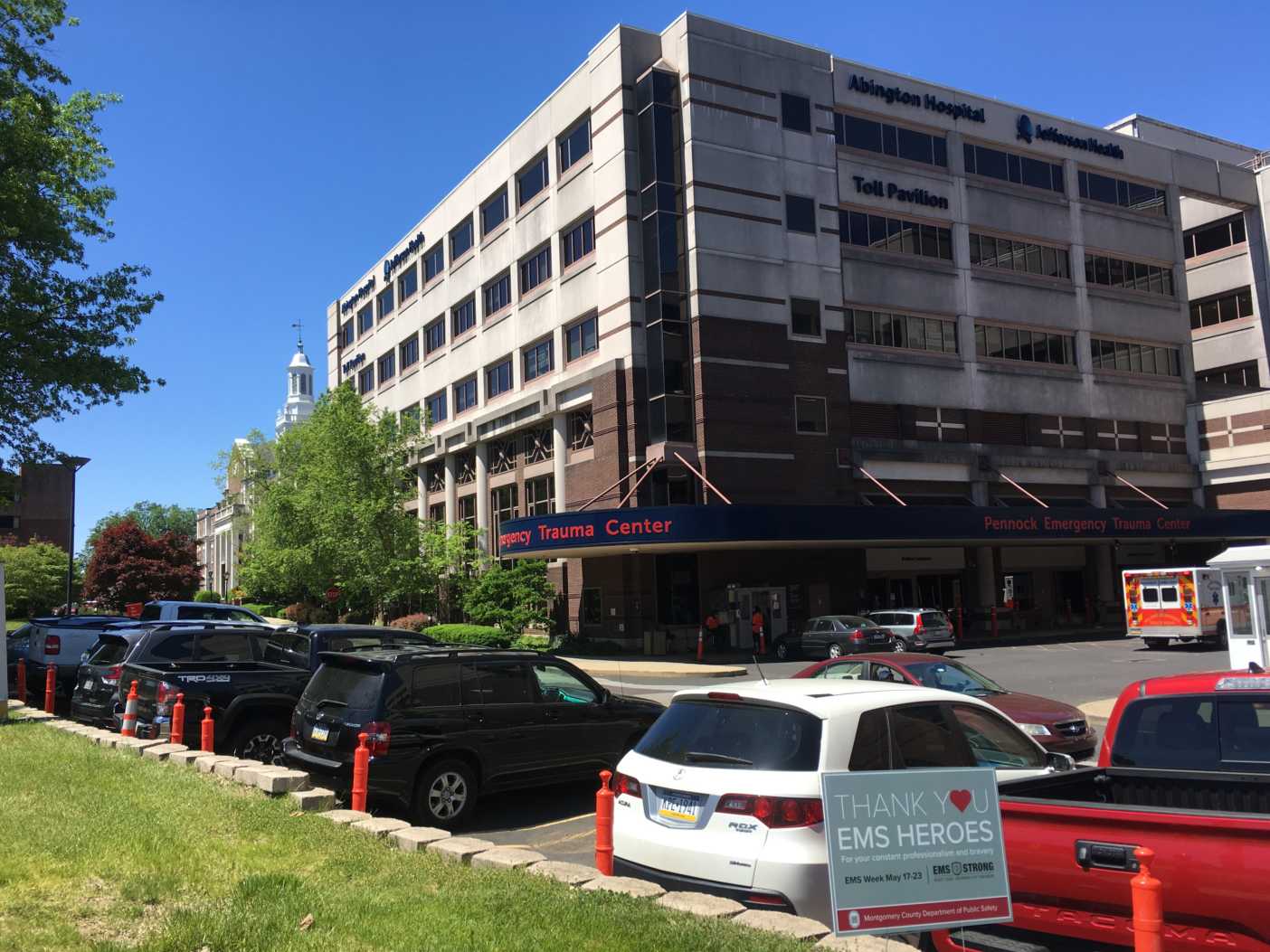There are nearly fifty million operations performed each year by thousands of doctors and surgeons all across the country. Surgery is meant to save lives and improve a person’s overall health and wellbeing. But these intentions are fruitless when surgery is performed on a patient that was not necessarily in need of an operation. In these rare cases, many people want to know if they can sue for an unnecessary operation or surgery that resulted in heighten, additional, or continued health complications. Continue reading to explore this topic and learn some information about patients’ rights following an unnecessary surgery or medical procedure.
Medical Operations and Risks
All surgeries come with a certain degree of risk, causing some patients to suffer moderate to severe complications; like organ damage, infections, hemorrhages, medication errors, anesthesia mistakes, improper stitching, and more. Along with risk, surgery is also accompanied by pain and discomfort, which is why it is important to rest as much as possible following an operation. With all of these risks and consequences associated with surgery, we want it to be worthwhile. So what happens when a patient experiences all of these after-effects for a surgery that was not even necessary?
Unnecessary surgeries do take place; usually for operations like cesarean sections, hysterectomies, coronary bypass, pacemaker implants, and more. These kinds of unnecessary surgeries commonly occur at doctor-owned outpatient medical centers, where physicians are not as scrutinized for their surgical undertakings. Many doctors have been known to “sell” their services, recommending various surgical procedures that are not necessary and cost their patients pain, suffering, time, and money.
Not Always Medical Malpractice
Keep in mind that unnecessary surgeries are not always negligent or medical malpractice cases. Many times, surgeries are performed based off of true, accurate, and rightful professional medical research and recommendations. In this case, even if the surgery was not necessary, it wouldn’t be negligent either. A medical malpractice surgery only takes place when a doctor or surgeon acts negligently in some way, or a surgery somehow causes long-term damage to a patient, or both. These are very complicated cases, so it is strongly encouraged to speak with a licensed attorney regarding your particular circumstances.
If you believe you were recently taken advantage of, and misguided into agreeing on receiving a surgery that you didn’t actually need, contact a personal injury lawyer right away. They have the knowledge, experience, and resources to accurately assess your case and determine if you were wrongly subjected to a surgery that was not needed. You or your family could be legally entitled to compensation for your damages; including pain, suffering, medical expenses, hospital bills, lost wages, loss of companionship, mental anguish, prolonged rehabilitation, wrongful death, and much more. You can trust a reputable accident attorney to guide you in the right direction toward full and fair remuneration for you and your family.





